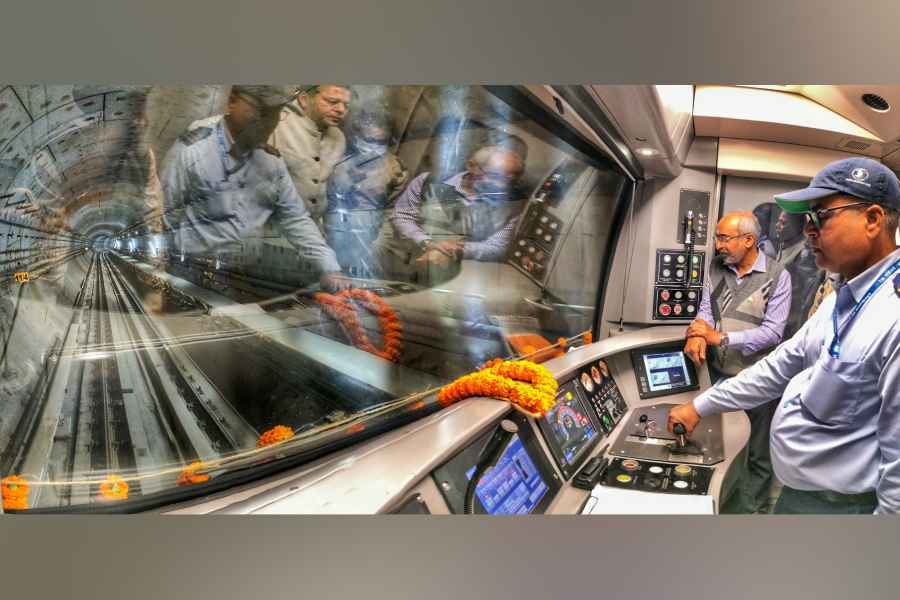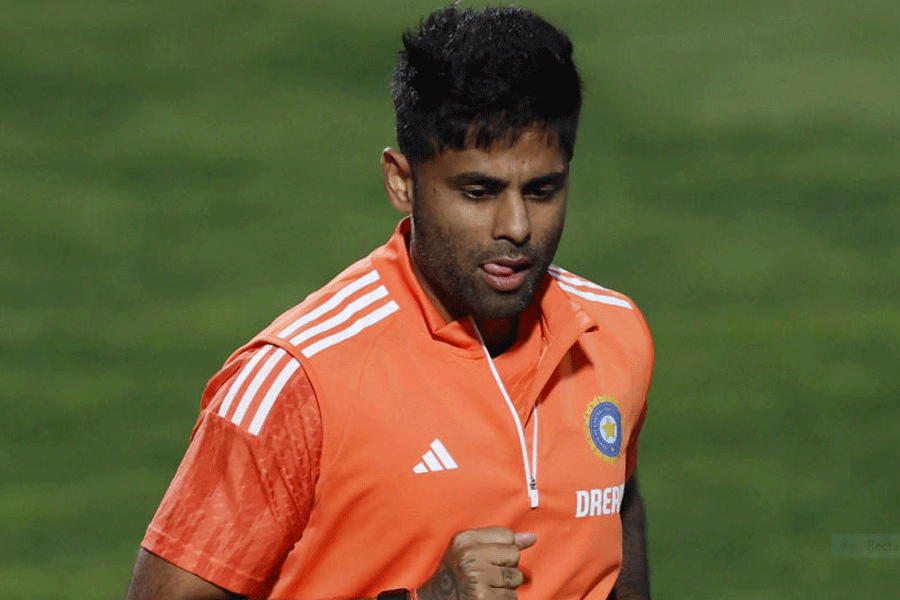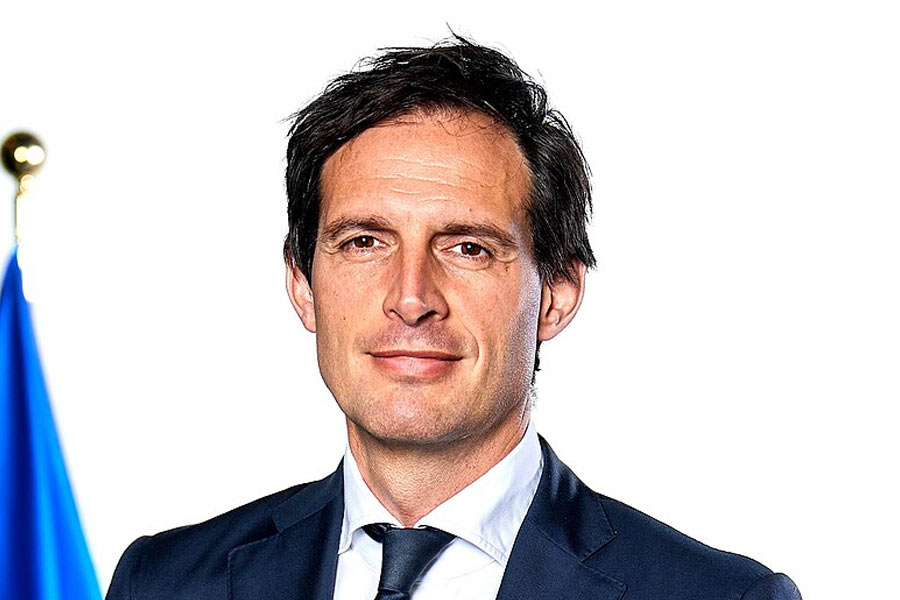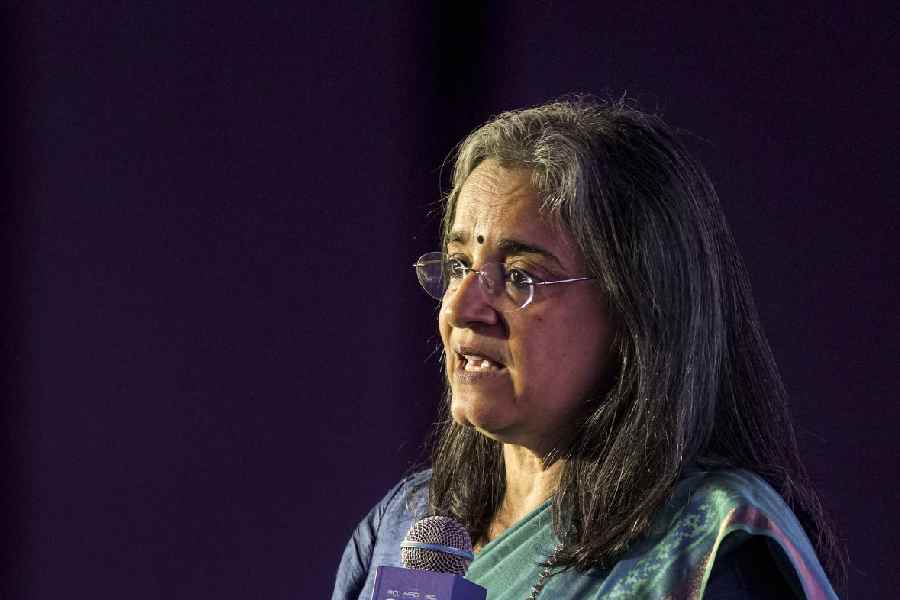Academic freedom in India has reached a nadir, from 0.6 in 2013 to 0.2 in 2023. These are the findings in a report published by Scholars at Risk Academic Freedom Monitoring Project. The SAR is a network of universities around the world that studies academic freedom in different countries. It has found that academic freedom in India is now “completely restricted” because of the Central government’s efforts to exert political control over higher education and university policies limiting student protests. The Jawaharlal Nehru University, for example, forbade student protests near academic buildings while the South Asian University has stopped protests anywhere on the campus. This is beside the easy use of police action against students and the detention of 200 students of three universities protesting against Israel before the Israeli Embassy. More generally, there are constant efforts to impose a nationalistic Hindutva-inclined agenda in universities. In state-run universities in Opposition-ruled states, the Union government’s control is sought to be exerted through governors, which has led to unprecedented confrontations with the governments concerned. Kerala has seen the worst of it, but states such as Tamil Nadu West Bengal and Punjab are hardly in a better situation.
In this context, it is no surprise that a number of university teachers should be attacked. An assistant professor of a well-known university resigned in the face of such attacks by the Bharatiya Janata Party for his paper on political manipulation during the 2019 elections. A professor was unable to enter the country when she flew in from her workplace in Britain because she had criticised the Rashtriya Swayamsevak Sangh and another was forced to leave early from her lecture after being heckled by students affiliated with the Akhil Bharatiya Vidyarthi Parishad. Dissent, whether among students or teachers, is penalised, sometimes by imprisonment. The late G.N. Sai Baba, a professor accused of Maoist associations, spent years in prison before being granted bail. There has been a concerted and prolonged attack on diversity of opinion and its free expression that has sabotaged academic freedom. Universities provide the arena for the unfettered exploration of ideas and opinions and the intellectual exchange between teachers and students. Without that, there can be no education. But that ideal is now seriously endangered in an environment where independent thinking is not just devalued but silenced.











